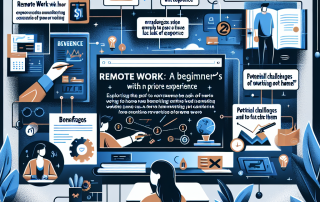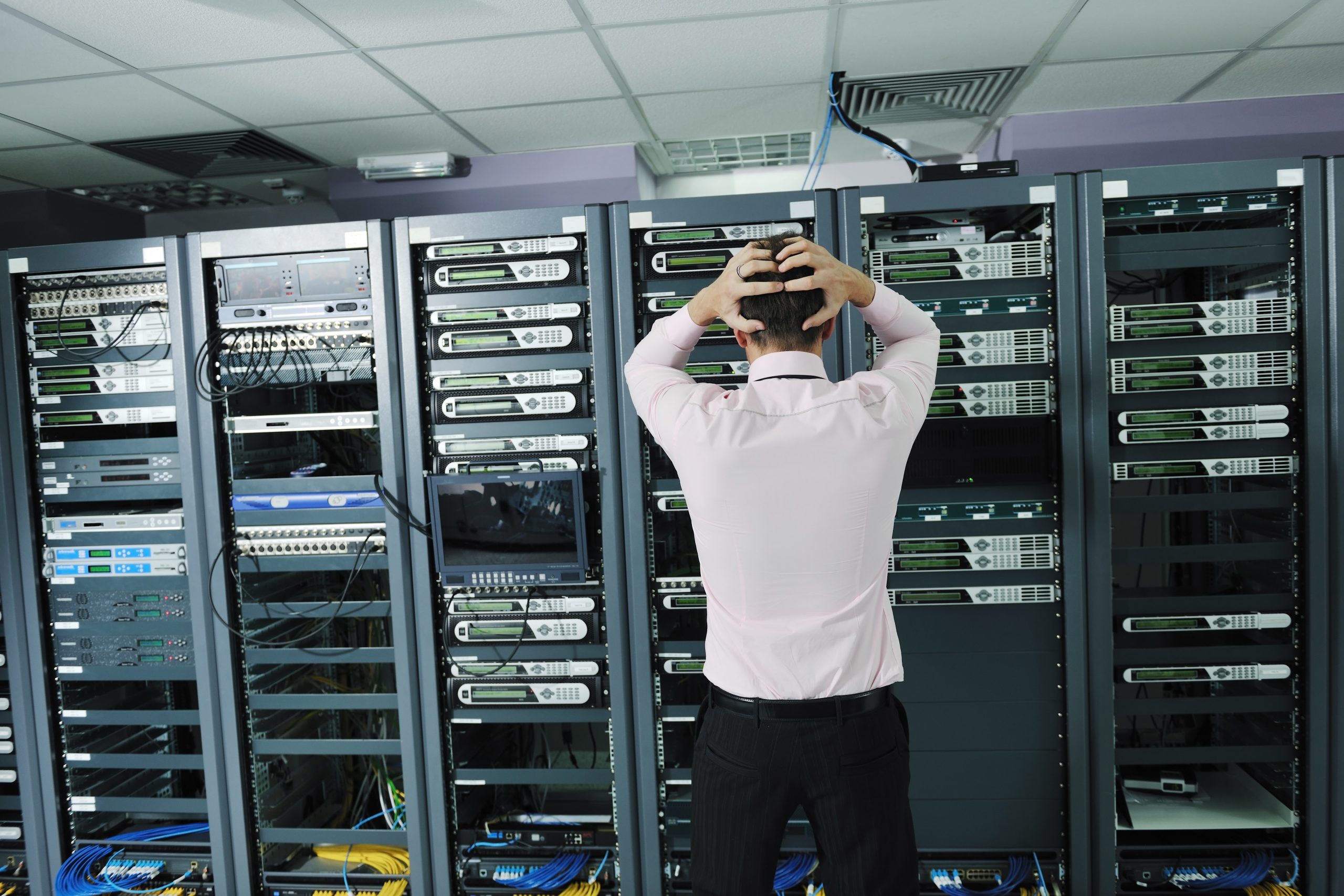Introduction to Home Office Cybersecurity:
Working from home has become increasingly popular, and many people have set up their own home offices. However, working from home comes with its unique challenges, including cybersecurity threats. Hackers are always on the lookout for vulnerable systems they can exploit, and your home office could be one of them. In this article, we will discuss some tips that you can use to keep your work and personal life separate while ensuring maximum cybersecurity in your home office.

Tips for Staying Secure While Working from Home:
1. Use a Virtual Private Network (VPN): A VPN encrypts all data transmitted between your device and the internet, making it difficult for hackers to intercept or steal sensitive information. You should consider using a VPN when accessing company resources or browsing the web.
2. Keep Your Software Updated: Ensure that all software installed on your devices is updated regularly. Updates often include security patches that fix known vulnerabilities that hackers can exploit.
3. Use Strong Passwords: Always use strong passwords that cannot easily be guessed by attackers. Consider using password managers like LastPass or 1Password to generate complex passwords and store them securely.
4. Enable Two-Factor Authentication: Two-factor authentication adds an extra layer of security to your accounts by requiring two forms of identification before granting access. This makes it more difficult for hackers to gain unauthorized access to your accounts.
5. Be Cautious When Opening Email Attachments: Do not open email attachments from unknown senders as they may contain malware or viruses that can infect your system.
How to Make Your Home Office More Secure:
1. Install Anti-Malware Software: Install anti-malware software on your devices to protect against viruses, spyware, and other types of malicious software.
2. Disable File Sharing: If you’re running Windows, disable file sharing to prevent others from accessing files stored on your computer.
3. Use a Firewall: A firewall acts as a barrier between your network and the Internet, blocking incoming traffic that could pose a threat to your system.
Do You Need a Hardware Firewall at Home?

While software firewalls offer basic protection, hardware firewalls provide additional layers of security. They monitor incoming and outgoing traffic at the network level, which means they can detect and block attacks that software firewalls might miss. Additionally, hardware firewalls can help improve network performance by prioritizing traffic based on application needs.
Conclusion: Keeping Your Work and Personal Life Separate:
Keeping your work and personal life separate is essential for maintaining good cyber hygiene. By following these simple tips, you can reduce the risk of cyberattacks and ensure maximum security in your home office. Remember, stay vigilant and never compromise on security!
How To Start An Online Travel Agency Working From Home
Learn how to start an online travel agency from the comfort of your own home. This step-by-step guide covers everything from choosing a niche to building your website and networking with suppliers. Start making your travel agency dreams come true!
How Do I Work For Amazon From Home
Looking to work for Amazon from home? Discover the flexible opportunities available and learn how to join their virtual team. Find your perfect fit!
Do Medical Coders Work From Home
Discover the possibilities and benefits of working as a medical coder from home. From flexibility to cost savings, explore how remote medical coding can transform your career in the healthcare industry.
Can You Make Money Working From Home On The Internet
Looking to make money from home on the internet? This comprehensive guide explores various ways and possibilities, providing insights and tips.
Can I Work From Home With No Experience
Looking to work from home with no experience? This article explores opportunities, tips, and tricks to help you get started in the remote work industry.
Best Document Scanners for PC and Mac – Top Picks and Reviews
Looking for the best document scanner for PC and Mac? Check out our top picks and reviews of the Epson Workforce ES-400 II, ES-500W II, and ES-865. Streamline your document management process and improve efficiency. Invest in quality scanners today!
The Importance of Hardware Firewalls in Home Offices: Why You Need One and How to Set It Up
Do you ever feel like your home office is vulnerable to cyber attacks? If so, then it's time to invest








